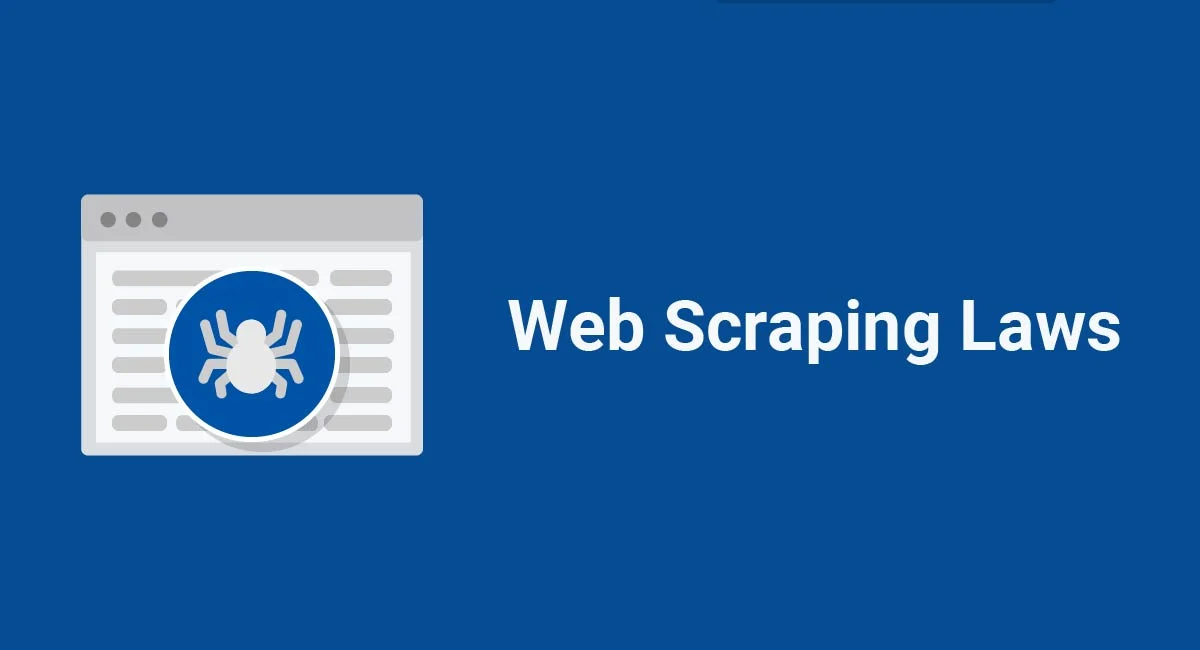Navigating the Legal Landscape of Web Data Scraping
In today’s data-driven world, web data scraping has emerged as a valuable tool for businesses and researchers seeking to gather information from online sources. However, a critical question looms large: Is it legal to scrape data from websites? In this article, we’ll explore the legal complexities surrounding web scraping, offer insights on ethical practices, and introduce you to our expert, James Taylor, who can provide professional guidance should you require assistance.
**Understanding Web Data Scraping**
Web data scraping, often referred to as web scraping or data harvesting, is the process of extracting information from websites using automated software or scripts. This practice enables individuals and organizations to collect data for various purposes, including market research, competitive analysis, and content aggregation.
**The Legal Considerations**
The legality of web data scraping is a nuanced subject and depends on several key factors:
**1. Website’s Terms of Service:**
– Many websites have terms of service (ToS) that explicitly prohibit web scraping. If you scrape data from a site with such restrictions, you may be in violation of their terms and potentially subject to legal consequences.
**2. Publicly Accessible Data:**
– Websites that offer publicly accessible data, without restrictive ToS, are generally considered fair game for web scraping. Data that is openly available to anyone is often deemed legally scrapeable.
**3. Copyrighted Material:**
– Scraping content that is protected by copyright, such as text, images, or videos, may infringe on intellectual property rights and is typically not permissible without proper authorization.
**4. Personal Data and Privacy:**
– Collecting personal data, such as email addresses or private user information, without consent may violate privacy laws and lead to legal penalties.
**5. Impact on Website Performance:**
– Engaging in aggressive or disruptive scraping that burdens a website’s servers and affects its functionality can potentially be considered illegal.
**6. Ethical Considerations:**
– Even if scraping is technically legal, ethical concerns come into play. Scraping for malicious or competitive purposes can harm the reputation of your business and invite legal consequences.
**Professional Guidance by James Taylor**
The legality of web scraping can be intricate and varies from one case to another. To navigate this complexity, you can rely on our expert, James Taylor, who specializes in web data scraping. James possesses in-depth knowledge of the legalities involved and can offer professional guidance to ensure your scraping activities are conducted within the bounds of the law.
**Why Seek Professional Assistance?**
– **Legal Compliance:** James can assess your specific scraping project and advise on its compliance with applicable laws and regulations.
– **Ethical Best Practices:** Our expert can help you make ethically sound decisions concerning data scraping, aligning your actions with industry standards.
– **Risk Mitigation:** By consulting James Taylor, you can minimize the risk of legal issues or damage to your online reputation.
**Contact Us for Expert Support**
If you’re considering web data scraping as part of your business strategy or research endeavors and have concerns about its legality, James Taylor is here to assist. Feel free to reach out to James using our contact form, and he will promptly address your inquiries, provide guidance, and help you navigate the complex world of web scraping within the boundaries of the law.
In conclusion, web data scraping can be a potent tool for collecting valuable online information, but it comes with legal and ethical considerations. Should you require guidance or assistance in your web scraping efforts, don’t hesitate to contact James Taylor, our experienced expert, for professional support. Ensuring compliance with the law and ethical standards is essential to harnessing the full potential of web scraping while safeguarding your reputation and minimizing legal risks. CONTACT US

